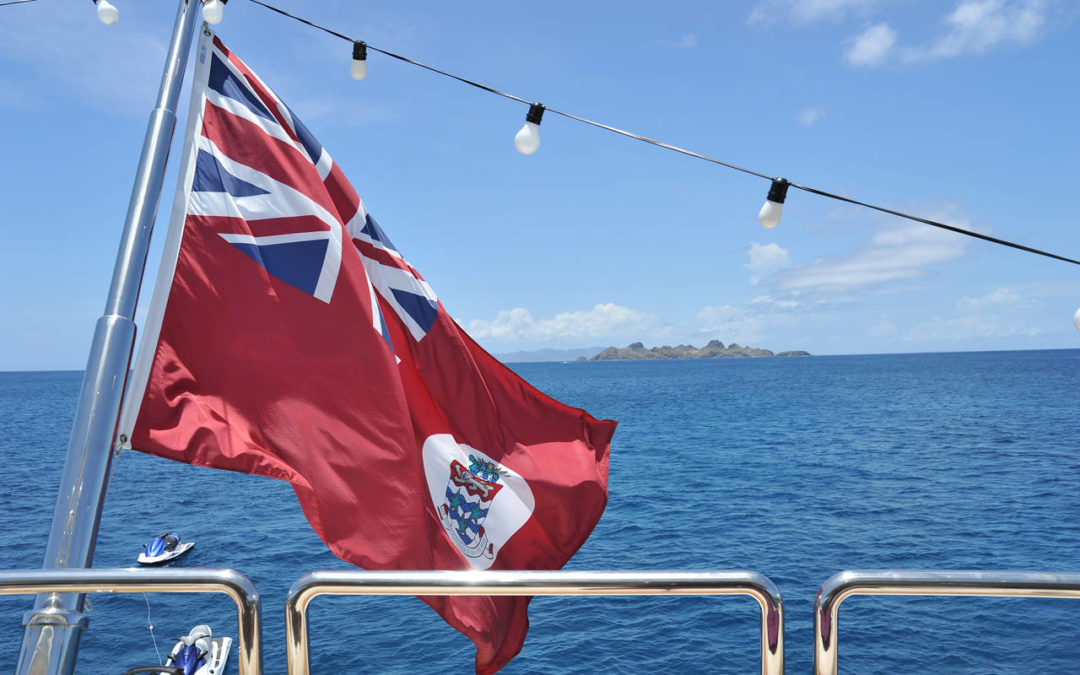The €119bn Danish public pension fund ATP said it will not invest in the Cayman Islands going forward
Private equity firms could come under pressure to set up their funds outside of the Cayman Islands — a popular domicile for the vehicles — after the British overseas territory was put on the EU’s so-called tax haven “blacklist”.
Pension funds in Europe are already beginning to ask questions, and if the Cayman Islands is not removed from the list of non-cooperative tax jurisdictions next October — when the EU will have its next review — it could create a number of problems for buyout groups.
“We’ve already had calls from managers saying a particular investor is asking probing questions on why it is they have a Cayman structure rather than an EU onshore [structure],” said James Oussedik, partner at law firm Sidley Austin. “They come from the more conservative EU allocators such as pension funds.”
The €119bn Danish public pension fund ATP said that its tax policy explicitly states that it does not want to make new investments into jurisdictions that are on the EU’s list.
“With Cayman Islands on the list we will not invest in the jurisdiction going forward,” said Lars Toft, tax director at ATP. “That does not mean that we are able to change the investments that has been made in the past and it is important to underline that we haven’t engaged in any aggressive tax planning via our investments on Cayman Islands.
“The black listing of Cayman Islands does not change that fact. That being said, we are in dialogue with business partners about some of the investments in the jurisdiction.”
The overseas territory was added to the list because the EU decided that it did not have appropriate measures to prevent tax abuse. The Cayman Islands said it is confident that it will be removed from the blacklist when the next review takes place.
Tobias Fransson, head of strategy and sustainability at €34bn Swedish pension fund AP4, said they monitor any decision by the EU regarding non-cooperative tax jurisdictions and conduct a “thorough due diligence before investing in funds, irrespective of the specific domicile” of the fund.
He added that the pension plan does not exclude specific jurisdictions “and until this week it has not been an issue in practice”.
It is very common for private equity firms to have funds registered in the Cayman Islands. It is difficult to quantify the size of the private equity market exactly, but the most common structure for a Cayman Islands domiciled private equity fund is the exempted limited partnership.
The number of ELPs registered have steadily increased since the financial crisis, reaching a total of 26,000 in 2018, up from 22,346 the year before. In the first 10 months of 2019, a total of 3,579 ELPs were registered, according to data released by the Cayman Islands General Registry.
“Given the background, we think that the main concern for private equity funds either already registered in Cayman or currently raising is a reputational issue in that compliance checks on such funds may now treat them as higher risk,” said Mark Stapleton, partner at law firm Dechert.
He added that he expects the jurisdiction to be taken off the list in October and that he does not “expect any significant impact on the ability of Cayman funds to raise capital from global investors”.
In a note Debevoise & Plimpton said that general partners looking to raise capital from European institutional investors may wish to consider an alternative like Luxembourg, the UK or the Channel Islands.
“In the immediate term, sponsors of existing funds should review their side letters in case they contain undertakings relating to entities in blacklisted jurisdictions, which will need to be considered on a case-by-case basis,” the law firm added.
Source: Financial News
Can’t stop reading? Read more
Carlyle and Goldman Sachs open private credit funds to Willow users with $10,000 minimum
Carlyle and Goldman Sachs open private credit funds to Willow users with $10,000 minimum Carlyle,...
EQT, PAI, and Stone Point shortlisted for €2bn takeover of Castik-backed Global Group
EQT, PAI, and Stone Point shortlisted for €2bn takeover of Castik-backed Global Group EQT, PAI...
CAIS Advisors unveils retail vehicle giving investors a stake in elite sports and media
CAIS Advisors unveils retail vehicle giving investors a stake in elite sports and media Eldridge...




